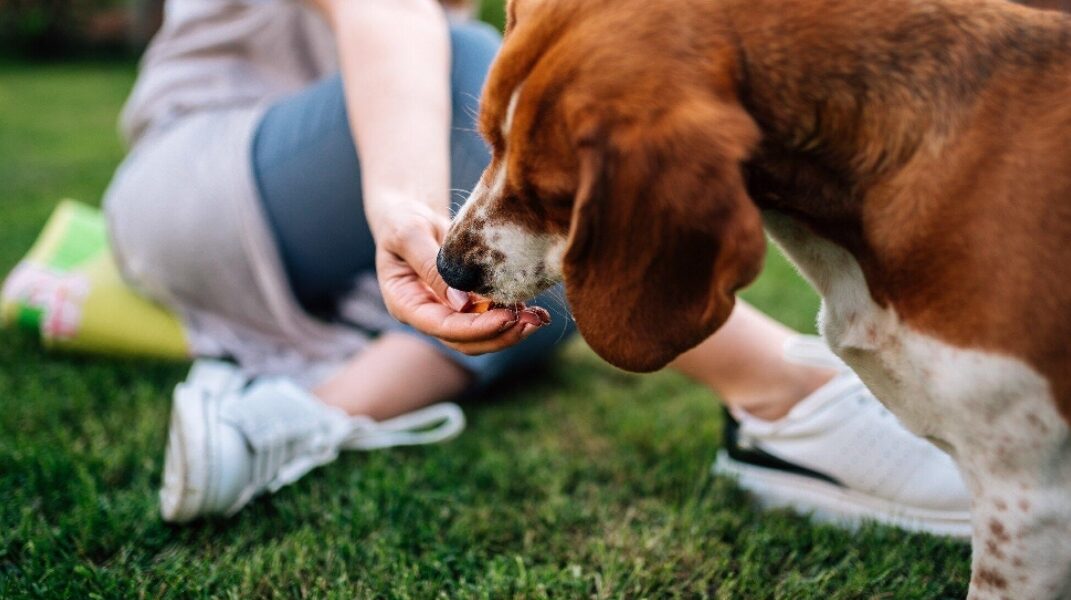How to Maintain Proper Care for Your Dogs
Welcoming a dog into your life brings a surge of joy and love that can hardly be matched. Dogs, often called man’s best friend, give unconditional loyalty and heartwarming companionship.
Naturally, the proper care of dogs becomes a top priority for any responsible dog owner. This guide includes essential dog care tips to ensure your canine companion lives a long, happy, and active life.
Read on to learn more about this new dog owner guide.
Understanding Your Dog’s Health Needs
Just like humans, dogs require a balanced diet to stay healthy. The right nutrition is crucial for growth, muscle maintenance, energy levels, and overall health. Speak to a veterinarian to learn about your dog’s dietary needs.
Quality over Quantity
Focusing on food quality is more important than quantity. Look for dog foods that list meat, not meat by-products, as the first ingredient.
Customizable Diets
Some dogs have specific needs based on age, size, breed, and even health conditions. Tailoring a diet that fits your dog’s unique profile is essential.
Avoid Harmful Foods
Many human foods, including chocolate, grapes, and certain nuts, can be toxic to dogs. Educate yourself on what you should never feed your pup.
While almonds are not toxic to dogs, they are not advised as a snack for your canine friend. Dogs might find them difficult to digest, leading to gastrointestinal discomfort or even blockages. For assurance, you can talk to your vet if can dogs eat almonds.
Regular Exercise and Mental Stimulation
Physical activity and mental engagement are vital to maintaining your dog’s health. A lack of exercise can lead to obesity, muscle atrophy, and decreased mobility.
Daily Walks
Regular walks benefit your dog’s physical and mental well-being. They provide a time for your dog to explore and socialize.
Playtime
Games of fetch, tug-of-war, and hide-and-seek are great ways to strengthen the bond with your pet while keeping them active. Puzzle toys can also provide mental stimulation.
Training & Puzzle Toys
Mental stimulation is just as important. Training your dog new tricks or using puzzle toys can keep their mind sharp and boredom at bay.
Vaccinations and Preventative Care
Preventive care is an investment in your dog’s future. Regular veterinary check-ups and vaccinations are your first defense against common canine diseases.
Vaccination Schedule
Follow the recommended vaccination schedule to protect your dog from rabies, distemper, and parvovirus diseases. Keep track of when your dog is due for their next shot.
Flea and Tick Prevention
Fleas and ticks can cause serious health problems, including skin irritations and diseases. Protect your pet with flea and tick prevention measures recommended by your veterinarian.
Heartworm Prevention
Heartworm is a potentially fatal disease spread by mosquitoes. Regular preventive medication is essential, particularly in high-risk areas.
Grooming and Hygiene
Proper grooming and hygiene are vital to your dog’s overall health. Regular grooming sessions can also be a bonding experience between you and your furry friend.
Coat Care
Maintaining your dog’s coat is not just about looks. Regular grooming helps to prevent matting, skin irritations, and infestations.
Different coat types require different brushes. Regular brushing can prevent knots and distribute the natural oils, keeping the coat healthy.
Too much bathing can strip the coat of its natural oils. Bathe your dog when needed using a shampoo specifically formulated for dogs.
Oral Hygiene
Neglecting your dog’s dental health can lead to periodontal disease, which is not only painful but can lead to more severe health issues. Get your dog used to having their teeth brushed from a young age. Dog-specific toothbrushes and toothpaste are available at pet stores.
Chewing can help keep teeth clean. Offer your dog safe chew toys, treats, or dental chews to help ward off plaque and tartar.
Nail Care
Overgrown nails can cause discomfort and difficulty in walking. Regular trimming is important but requires caution.
A professional groomer can do the job if you’re not confident about trimming your dog’s nails. Gradually introduce your dog to nail-trimming to make it as stress-free as possible.
Environment and Living Conditions
Your dog’s living conditions can significantly impact their health and well-being. Here are a few tips to ensure your pet is comfortable and safe.
Safe Spaces
Your home should be a haven for your dog. Create comfortable, safe spaces where they can relax and feel secure.
Enclosed spaces, like a crate or a den-like bed, can keep your dog calm and cozy, particularly during noisy or high-energy times at home. Dogs, like people, need a place to call their own.
Temperature Control
Dogs are sensitive to extreme temperatures. Ensuring your home environment is comfortable is an important aspect of their care.
During summer, ensure your dog can access cool, shaded areas. Offer plenty of water and never leave them in a hot car. If you live in a cold climate, provide warm shelter, and consider doggy sweaters or jackets for outdoor walks.
Regular Play and Interaction
Engaging with your dog is one of the most enjoyable parts of pet ownership. It’s also crucial for their mental and emotional well-being.
Create a routine of playtime that your dog can count on. This can provide a sense of security and a way to release energy.
Proper socialization helps dogs become well-adjusted adults. Introduce your dog to new people, animals, and environments early on.
Health Monitoring and Emergency Preparedness
Even with the best care, dogs can still get sick or injured. Knowing signs of illness and having an emergency plan is essential.
Regular Check-ups
Part of being a responsible pet owner is monitoring your dog’s health and seeking veterinary care when necessary. Look for changes in behavior, appetite, or energy levels. These could be signs of illness.
Schedule annual check-ups to catch any health issues early and to discuss changes in diet or exercise as your dog ages.
Emergency Care
Know what to do in an emergency. With many health issues, time is of the essence. Have a pet first aid kit and be familiar with basic techniques. Know the nearest 24-hour emergency veterinary clinic and how to get there.
Have the Best Proper Care for Your Dogs
Committing to proper care is a significant responsibility, but the rewards of a devoted, healthy companion are immeasurable. Remember, each dog is unique, and so are their care needs. These tips should be a starting point for tailoring your care to your furry friend. Your dog doesn’t just need a house; they need a home filled with love, attention, and good health practices.
For more helpful tips, check out the rest of our site today!




